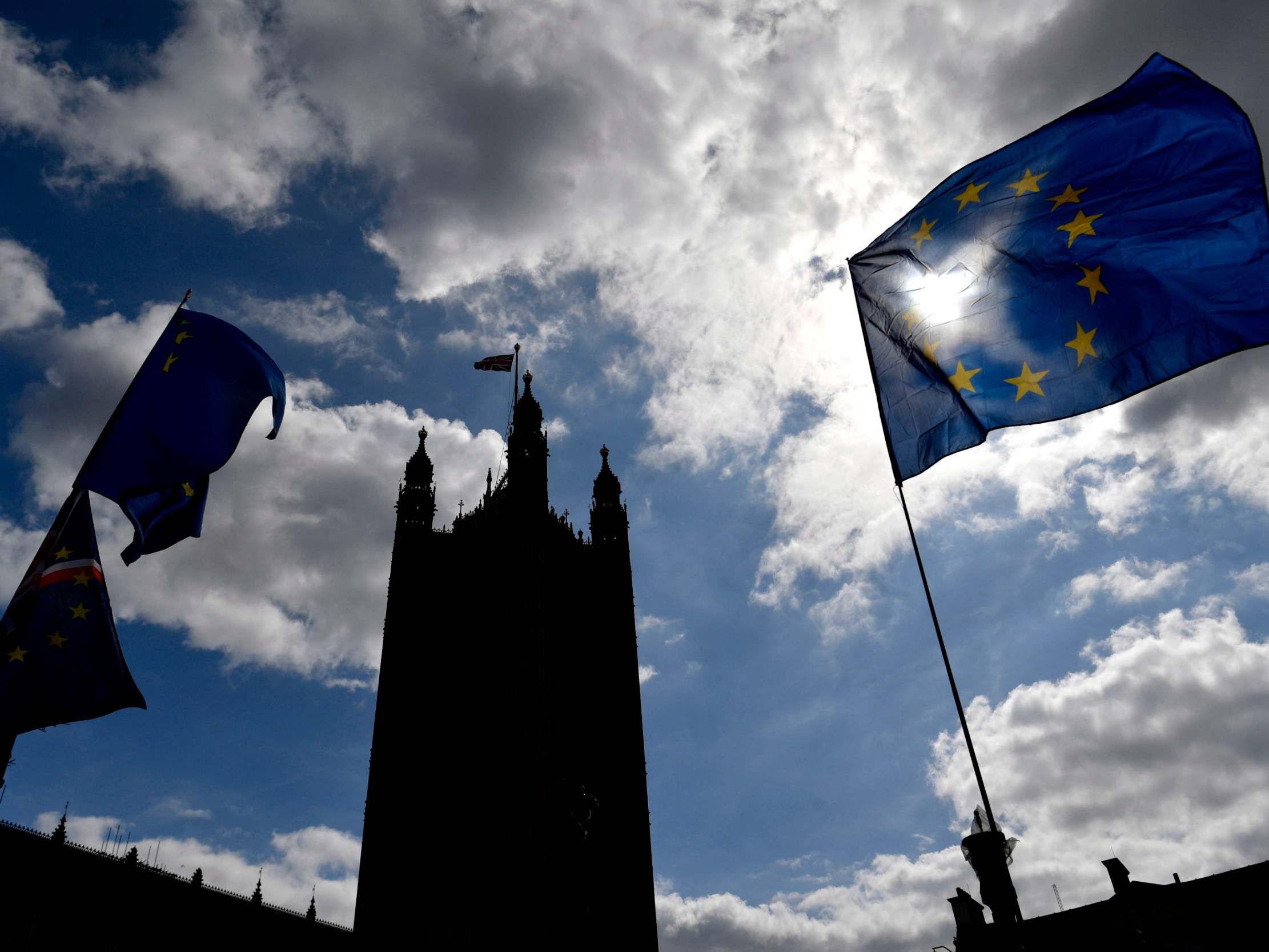Brexit: MPs could hijack emergency Saturday sitting of Commons to force through second referendum
MPs to meet at weekend for first time in 37 years as massive anti-Brexit crowds gather outside

Your support helps us to tell the story
From reproductive rights to climate change to Big Tech, The Independent is on the ground when the story is developing. Whether it's investigating the financials of Elon Musk's pro-Trump PAC or producing our latest documentary, 'The A Word', which shines a light on the American women fighting for reproductive rights, we know how important it is to parse out the facts from the messaging.
At such a critical moment in US history, we need reporters on the ground. Your donation allows us to keep sending journalists to speak to both sides of the story.
The Independent is trusted by Americans across the entire political spectrum. And unlike many other quality news outlets, we choose not to lock Americans out of our reporting and analysis with paywalls. We believe quality journalism should be available to everyone, paid for by those who can afford it.
Your support makes all the difference.Parliamentary supporters of a Final Say referendum could hijack an emergency sitting of the Commons on 19 October to force a public vote on any Brexit outcome.
The idea is being discussed behind the scenes by MPs who are increasingly confident they have a majority to enshrine a referendum in law before the deadline of the end of this month.
The first Saturday sitting of the Commons since the Falklands War in 1982 comes on the same day as hundreds of thousands of people are expected to march through London to demand a People’s Vote under the banner Together for the Final Say.
Prime minister Boris Johnson is expected to use the recall to stage a vote on a no-deal Brexit, in the hope that his almost inevitable defeat would allow him to blame MPs if he is eventually forced to ask Brussels for a delay.
But any motion tabled by the PM would be open to amendments requiring the final outcome of Brexit talks to be subject to a national vote.
This could take the form of a confirmatory referendum on any deal, of the kind previously proposed by Labour MPs Peter Kyle and Phil Wilson and defeated by just 12 votes in April.
The prospect of a hijack is among a range of options being discussed behind the scenes at Westminster, amid feverish number-crunching over the scale of likely support.
It is believed that a number of MPs are now ready to vote differently from in April, including some Labour backers of a Brexit deal as well as Tories stripped of the whip for rebelling over no deal.
The development came as a massive analysis of 300 mainstream polls conducted since the 2016 Leave vote showed a firm majority now backing Remain.
The YouGov survey for the Evening Standard found that Remain overtook Leave in the year after the referendum and has extended its lead ever since, with 204 polls since July 2017 showing a Remain majority against seven for Leave and 15 ties.
So far this year, just one poll in the series has put Leave ahead, with 74 backing staying in the EU, and recent months have seen the split averaging around 53 per cent to 47 per cent in favour of Remain.

Other options understood to be under consideration to force a vote on a referendum include amendments to next week’s Queen’s Speech, an emergency motion in the Commons or a vote of no confidence in Mr Johnson.
“We are ready for any scenario,” said one MP.
Another told The Independent that plans may have been pushed back by the prime minister’s surprise decision to recall the Commons.
A Saturday sitting had been expected to rush through any deal secured at a crunch Brussels summit on 17 October. But with the prospects of a deal looking slim, The Independent has been told the recall will now be staged “either way”.
“We are in uncharted waters because only God knows what Boris is up to,” said the MP. “Whatever people had been discussing, they are not discussing it in the same context any more because of this move by No 10.”
Plotters are wary of giving Downing Street too much notice of their plans, or of striking before a majority is assured, said the MP: “A lot of people are looking for ways to try to get the option of a second referendum onto the table, but we want to make sure we avoid the danger of it not being carried.”
Even if passed, any referendum motion would come up against a series of obstacles, including the fact that it would require a money resolution to authorise the substantial spending involved, which can only be tabled by a minister.
Join our commenting forum
Join thought-provoking conversations, follow other Independent readers and see their replies
0Comments